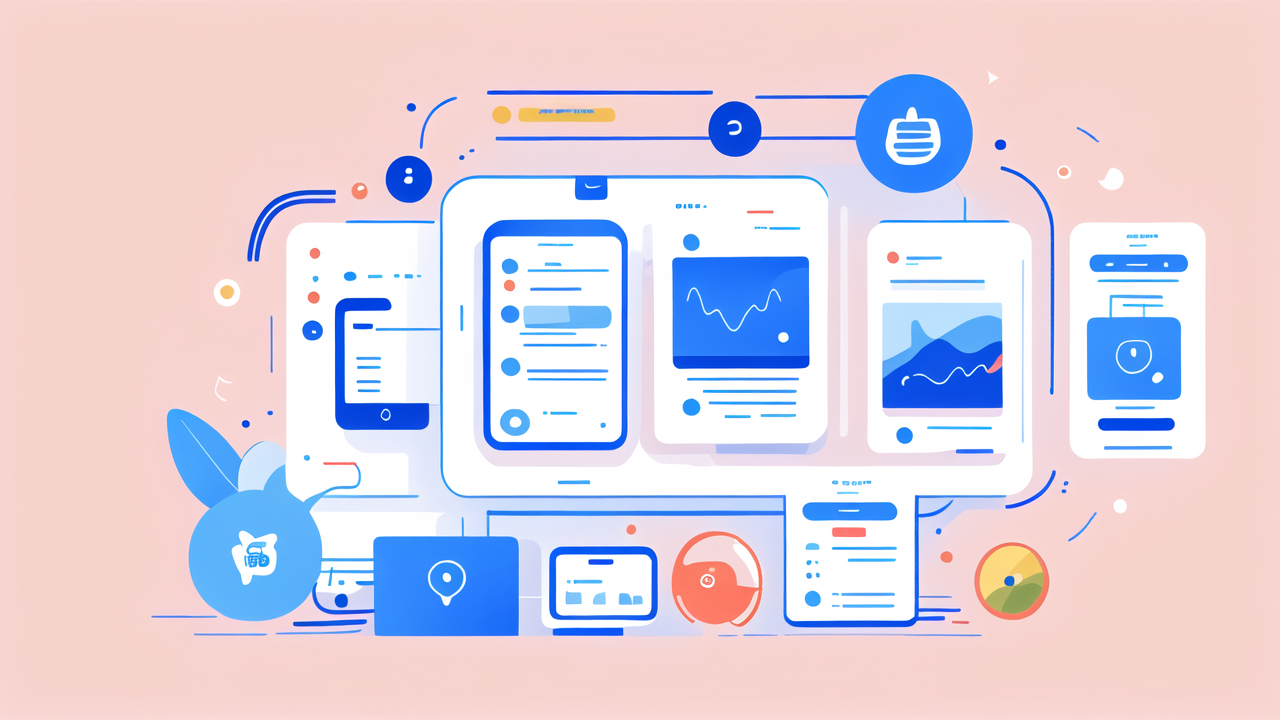Understanding the Importance of Health Monitoring
The Evolution of Health Awareness in the United States
Health awareness in the US has come a long way. In the past, people only saw doctors when sick. Now, we focus on prevention. This shift started in the 1960s with fitness trends. The 1990s brought more health info to the public. Today, we have apps and devices for health tracking. This change shows how much we value wellness now. People are more proactive about their health. They want to catch issues early. This new mindset has led to better overall health outcomes.

Key Health Metrics to Track
Tracking certain health metrics is crucial for wellness. Here are some key ones to monitor:
- Heart rate: Measures cardiovascular health
- Blood pressure: Indicates heart and blood vessel condition
- Sleep patterns: Affects overall health and energy
- Steps taken: Shows daily activity level
- Calories burned: Helps manage weight
- Blood sugar: Important for diabetes management
- Body temperature: Can signal infections
These metrics give a good picture of your health. By tracking them, you can spot trends and changes. This info helps you make better health choices.
The Impact of Early Detection on Overall Health
Early detection can greatly improve health outcomes. It allows for timely treatment of issues. This can prevent small problems from becoming big ones. For example, catching high blood pressure early can prevent heart disease. Monitoring blood sugar can help avoid diabetes complications. Early detection also saves money on healthcare costs. It reduces the need for expensive treatments later. Plus, it gives peace of mind. Knowing your health status helps you feel more in control.
Choosing the Right Health Monitor for You
Analyzing Different Types of Health Monitors
There are many types of health monitors available. Each serves a different purpose:

- Smartwatches: Track steps, heart rate, and sleep
- Blood pressure cuffs: Measure blood pressure at home
- Glucose meters: Check blood sugar levels
- Smart scales: Measure weight and body composition
- Pulse oximeters: Monitor blood oxygen levels
- Sleep trackers: Analyze sleep patterns
- Fitness bands: Count steps and calories burned
Some devices combine multiple functions. Consider what metrics are most important to you. This will help you choose the right monitor.
Personal Factors to Consider When Selecting a Monitor
When picking a health monitor, think about your needs. Consider these factors:
- Your health goals: What do you want to improve?
- Existing health conditions: What needs extra attention?
- Ease of use: How tech-savvy are you?
- Budget: How much can you spend?
- Lifestyle: Will it fit into your daily routine?
- Data sharing: Do you want to share info with your doctor?
- Device compatibility: Will it work with your smartphone?
Choose a monitor that fits your life and health needs. This will make it easier to use consistently.
How to Ensure Your Health Monitor Is Accurate
Accuracy is key for useful health monitoring. Here are tips to ensure your device is accurate:
- Read the instructions carefully
- Calibrate the device as directed
- Use it consistently and correctly
- Keep the device clean and well-maintained
- Update the software regularly
- Compare readings with professional medical devices
- Replace batteries or charge as needed
If you notice odd readings, check with your doctor. They can help verify if the device is working right.
Implementing Health Monitors in Your Life
Creating a Routine for Monitoring Health Metrics
To get the most from your health monitor, create a routine. Here's how:

- Set specific times for measurements
- Make it part of your daily habits (like brushing teeth)
- Keep your device easily accessible
- Set reminders on your phone
- Log readings in a journal or app
- Review your data weekly
- Share results with your doctor regularly
Consistency is key. A routine helps you stick to monitoring. This gives you more accurate and useful data over time.
Utilizing Technology for Health Monitoring
Technology makes health monitoring easier than ever. Here are ways to use it:
- Sync your device with smartphone apps
- Use cloud storage for your health data
- Set up alerts for abnormal readings
- Join online communities for support
- Use telemedicine for doctor check-ins
- Try AI-powered health assistants
- Explore virtual reality for fitness tracking
These tech tools can make monitoring more engaging. They also help you understand your data better.
Sustaining a Health-Conscious Lifestyle with Consistent Monitoring
Consistent monitoring helps maintain a healthy lifestyle. Here's how to stay motivated:
- Set achievable health goals
- Celebrate small wins
- Join a support group or find an accountability partner
- Mix up your routine to avoid boredom
- Learn more about health and wellness
- Share your progress with friends and family
- Reward yourself for meeting targets
Remember, health is a journey, not a destination. Use your monitor as a tool for ongoing wellness. It's about progress, not perfection. Stay positive and keep going, even if you have setbacks. Your health monitor is there to guide you, not judge you. With time, monitoring will become second nature. It will help you live your healthiest life.




Leave a comment
This site is protected by hCaptcha and the hCaptcha Privacy Policy and Terms of Service apply.